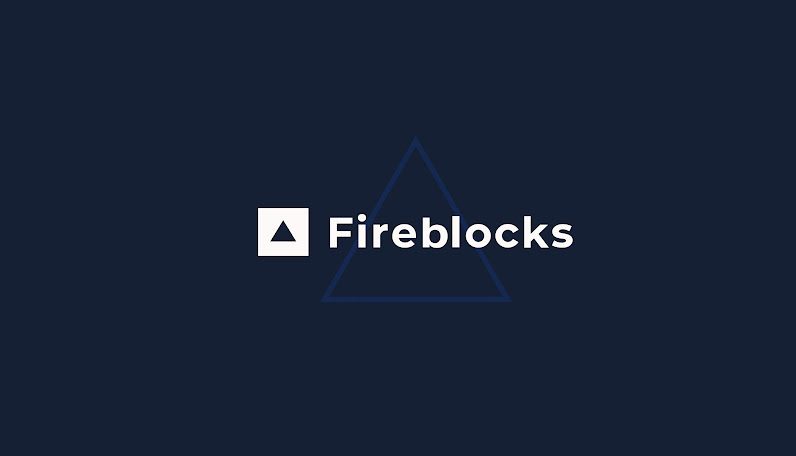The cryptocurrency space is no longer the wild west of the fintech industry where cypherpunks propel their ideas. While heavily relying on cryptography, the industry has become much more transparent and visible.
Over the past few years, the market saw a considerable transition from a retail-oriented field to one that’s seeing massive institutional involvement. The examples are countless – from JP Morgan to MassMutual, plenty of big players are looking for ways to chip in.
This is where Fireblocks comes into the picture – a solution that offers banks and traditional financial institutions the ability to seamlessly plug in.
What is Fireblocks?
Using Fireblocks’ platform, fintech companies, banks, and other institutions coming from the legacy market can quickly deploy, custody, tokenize, implement asset management, trading, lending, and payment solutions across various public and private blockchain-based networks.
In essence, the platform offers secure access to storing digital assets in the form of hot, cold, or implement a mixed approach when it comes to storage.
It also brings forward the ability to transfer assets between themselves and various counterparties via the Fireblocks network. In addition, users of the platform are also able to tokenize or deploy smart contracts and tap into the limitless opportunities of decentralized finance (DeFi).
Ultimately, all of the above is packaged in a way that adheres to regulatory requirements, policies, as well as the challenges that institutional players tend to face every day.
Fireblocks and Its Offering
The platform brings forward three core products which include the DeFi API which can invoke smart contract functions and is entirely within the existing regulatory policies.
Next, there’s the Fireblocks browser extension which operates in a similar way as MetaMask but also links to the Vault. And last, but not least, there’s the Fireblocks Wallet Connect – it provides wallet access and authentication through Fireblocks on the user’s phone which creates a bridge to the FB Vault. This also allows the users to interact with 1inch, Sushiswap, or PancakeSwap, for example.
The overall goal of the team is to streamline the most complex aspects of digital asset adoption across segments such as security, risk, compliance, and operation. From there, Fireblocks makes it easy and accessible to enter the industry and attempt to attain profitability in a range of product lines and services which include, but are not limited to:
- Custody
- DeFi and Staking
- Tokenization
- Payments
Fireblocks and RSK
Fireblocks has successfully integrated the layer-2 DeFi platform RSK. The latter is aimed at enabling decentralized applications to be built on Bitcoin.
Using RSK, industry participants can lend, borrow, trade, or earn interest on their BTC holdings through the capabilities of DeFi. Fireblocks users are now able to access RSK to custody and transfer RBTC – the native token – without sacrificing efficiency or security. Moreover, they also have access to dApps built on RSK through WalletConnect or the DeFi API.
It’s worth noting that RBTC is pegged 1:1 to BTC. It’s also used as gas to pay for smart contract execution, as well as to trade tokens that are built on RSK – pretty much exactly as ETH functions on the Ethereum network.
Binance Free $100 (Exclusive): Use this link to register and receive $100 free and 10% off fees on Binance Futures first month (terms).
PrimeXBT Special Offer: Use this link to register & enter POTATO50 code to get 50% free bonus on any deposit up to $1750.


